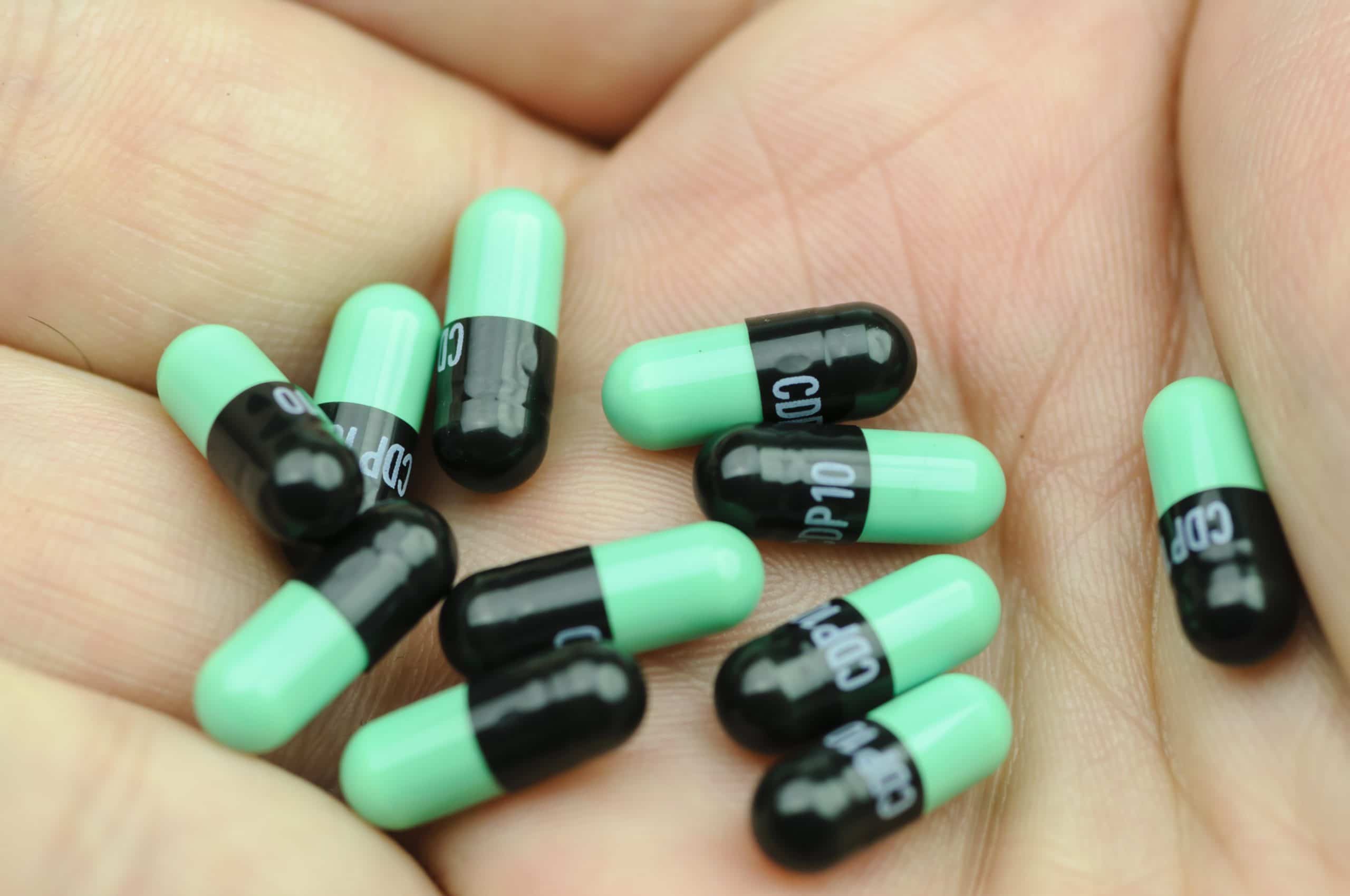Recognizing that your husband is addicted to pain pills is a painful realization. You may wonder when it started and how you didn’t see it earlier. The first thing to know is that addicts are quite skilled when it comes to hiding their addictions. Pain pills are some of the most widely prescribed drugs in the United States. They are incredibly addictive, physically and mentally. No one intends to become addicted, but unfortunately, it’s extremely common due to the effects pain pills cause on the body and mind.
The second thing to know is that you are not alone. While it may not be comforting, the United States has found itself in the middle of an opioid epidemic, with millions finding themselves addicted. Finally, there is a way out. You and your family do not have to suffer alone. At Evolve Indy, we understand opioid addiction, and we’re here to help your loved one find their way out.
How to Treat a Pain Pill Addiction
No matter the substance, the first step in getting help with addiction is admitting that there is a problem. Once you and your loved one have agreed that there is a problem, the next steps will be all about getting help. You may contact a recovery support group, your family’s healthcare provider, or a treatment center. There are many paths to recovery. Opioid addiction is a complex chronic disease, and the goal is to manage it. Most people who suffer from addiction require treatment from medical professionals and substance abuse professionals. If there is any good to come from the current opioid epidemic, it is that there has been a greater focus on treating opioid addiction. Treatment helps get you through the physical detoxing and then begins the work of changing your addictive thinking.
While it may seem ironic, there are prescription medicines available to help you taper off opioids so that you can do the work of recovering your mind and spirit while your body is healing. Medication-assisted treatment (MAT) blends medication, counseling, and other support. The three medications that are used are buprenorphine, methadone, and naltrexone. Additionally, suboxone, which is a combination of naltrexone and naloxone, may be prescribed. The goal of these medications is to free your mind from cravings so that you can focus on the changes that you need to make to return to a healthier life. MAT is not merely changing out one drug for another. It is more of a bridge and is managed by a medical professional.
While treating opioid addiction is complex, people can recover. Whether you attend inpatient or outpatient drug rehab, you may find that it is required for your success. Your treatment team can use their experience to find the best way to approach your addiction and get you on the road to sobriety. And once you’ve built that foundation in rehab, there are also groups such as Narcotics Anonymous that you can attend on a long-term basis for continued support. Managing opioid addiction, like other addictions, is a lifelong process.
What Makes Evolve Indy Different From Other Rehabs
At Evolve Indy, we have programs to support you and your family as you face your loved one’s opioid addiction. As a top-rated addiction treatment provider in Indiana, we have but one mission. We are here to help those struggling with substance abuse. We care about your success in recovery. We have a wide variety of programs that blend traditional and non-traditional therapies to treat addiction. Our programs range from residential to outpatient, and we will work with you to find the best fit for you. Our experienced and professional staff is dedicated to each client and their recovery journey. Contact us today to see how we can best support you in your journey to sobriety.

